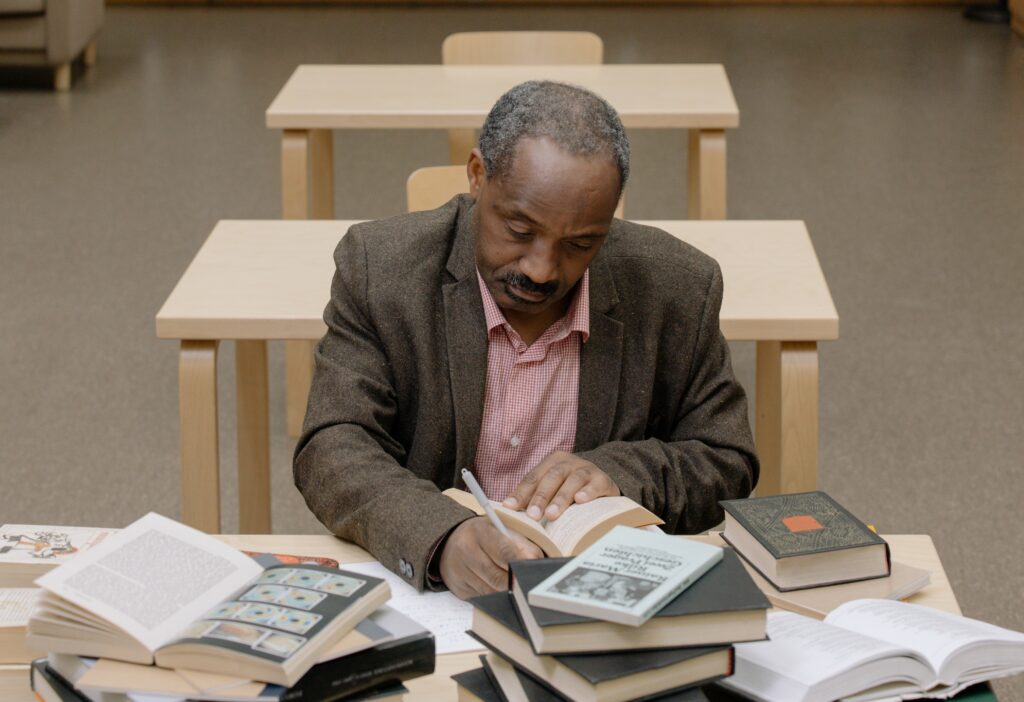 Before you write your research hypothesis, make sure to do some reading in your area of interest; good resources will include scholarly papers, articles, books, and other academic research. Because your research hypothesis will be a specific, testable prediction about what you expect to happen in a study, you will want to consider drawing from previously published research on your topic.
Before you write your research hypothesis, make sure to do some reading in your area of interest; good resources will include scholarly papers, articles, books, and other academic research. Because your research hypothesis will be a specific, testable prediction about what you expect to happen in a study, you will want to consider drawing from previously published research on your topic.
When you write your hypothesis statement, you want to do more than simply wager a guess. To make sure you generate a solid hypothesis, first ask yourself these questions:
- What is the connection between your hypothesis and your research topic?
- Is your hypothesis testable?
- What potential explanations or justifications of the hypothesis could you explore?
- What are the counter-arguments to your hypothesis?
- Does your hypothesis include an independent as well as a dependent variable?
Exploring these questions will help you make sure that your hypothesis is solid and, if not, where its weaknesses lie. It is important to go through these steps first so that you know you are well-positioned to conduct your research.
A testable hypothesis is not a simple statement. It is rather an informed, predictive statement that provides a clear introduction to a study, its goals, and the possible outcomes. There are some important things to consider when building a compelling, testable hypothesis.
- Clearly state the prediction you are proposing.
- Make sure that the hypothesis clearly defines the topic and the focus of the study.
Mask wearing and its effect on virus case load - Aim to write the hypothesis as an if-then statement.
- Follow this template: If a specific action is taken, then a certain outcome is expected.
If everyone wears masks at State University, then there will be fewer cases of viral infection. - Define the variables.
- Independent variables are the ones that are manipulated, controlled, or changed in the study. Independent variables are isolated from other factors of the study.
- In the example, the independent variable is whether people in the study wear masks.
- Dependent variables are dependent on other factors of the study and are influenced by what happens to the independent variables.
- The dependent variable is how many cases of virus emerge among the group studied.
- Independent variables are the ones that are manipulated, controlled, or changed in the study. Independent variables are isolated from other factors of the study.
- Make sure you are proposing a hypothesis with results that can be reproduced.
- You can’t prove that wearing a mask has prevented you from being infected by a virus, but you can measure over time whether mask-wearing is associated with lower cases of virus in a specific population.
